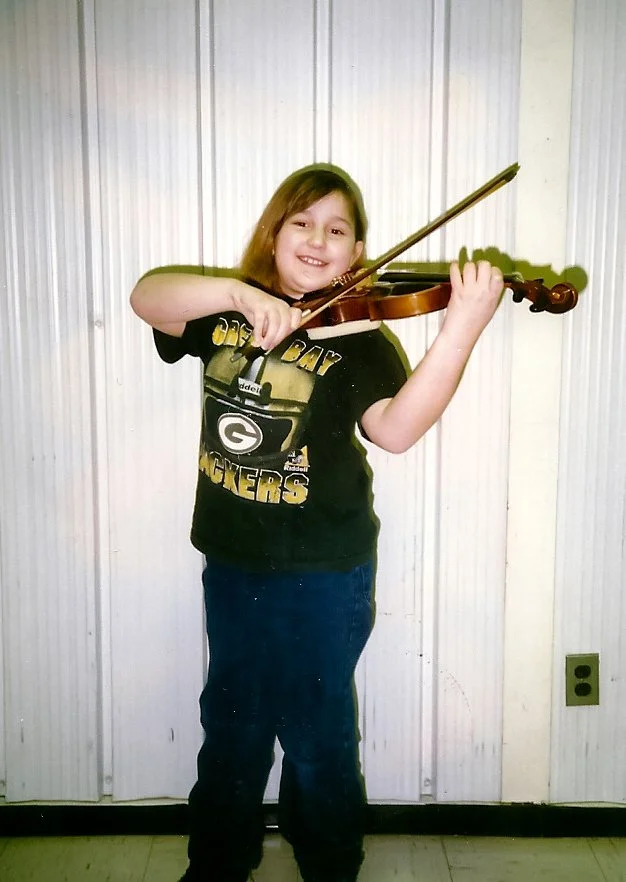Weight, Worth, and Self-Image: A Photographer’s Confession
I didn't expect to have a profound conversation about body image with my nine-year-old. It started casually enough; he mentioned he'd weighed himself and noticed he'd gained a couple of pounds. When he shared this with classmates, some responded with words like "fat," which surprised me. Mostly because, objectively, he's not. Yet even at that age, kids have already internalized certain ideas about weight.
As he spoke, a memory resurfaced suddenly, sharp and clear, even after decades. Fifth grade. The Presidential Fitness Test. We'd run the mile, struggled through sit-ups, cursed quietly at the sit-and-reach, and then, unexpectedly, lined up to step onto a scale in the middle of the gym floor, numbers loudly announced for all to hear.
"Ninety-three pounds," the teacher called out casually, indifferent to my vulnerability.
The room shifted. Whispers started. Not necessarily malicious, but cutting all the same. "Whoa, that's the heaviest girl so far!" "I didn't think you'd weigh that much!" My personal favorite: "You should sit on the teeter-totter so we can fly up in the air." One girl tried to soften it: "You're not fat, you're buff." I clung to that comment, wanting to believe she was right.
After that day, I always knew the number on the scale. It was imprinted in my mind, shaping how I felt about myself and how much value I placed on my own existence. It became a gauge of worth, one that never favored me. Oh how I wish I could go back to the girl I was before that day, just for a little while!
When I finished telling my son a simplified version of this story, his jaw literally dropped. He was horrified. "I can't believe the teacher did that in front of everyone! It should've been in a separate room," he said. That simple statement hit me. I had never questioned why the teacher handled it that way. It was just how things happened. Instead, I'd always questioned myself: Why am I this way? Why did I do something wrong?
His reaction highlighted something essential. Kids haven't changed much. They can still be unintentionally or intentionally cruel. But the adults around them have the power to handle situations with more care. Treating children with empathy and discretion doesn't make them "too soft." It gives them room to build confidence and self-worth.
Strangely enough, the very next day after this conversation, I saw news that President Trump had signed an executive order to reinstate the old Presidential Fitness Test, which was replaced by the Youth Fitness Test in 2012. The newer version focused on setting healthy goals, maintaining privacy, and personal growth instead of public comparison and competition. That approach would have helped me more than anything. My own kids genuinely enjoy gym class now, and I can’t help but wonder if that’s partly because they’re encouraged, not embarrassed, about their physical abilities. So while I don’t think bringing back the Presidential Fitness Test is necessarily a bad thing—fitness matters—I do hope that if it returns, it includes some thoughtful updates.
Reflecting later, I realized how deeply childhood experiences shape our self-perception. One careless comment or insensitive action can ripple through our lives, affecting how we see ourselves and how we allow others to see us. I encounter this regularly in my photography work; clients often notice flaws first, overlooking their genuine beauty because they can’t move past minor imperfections. I recognize this struggle because it’s mine too… one I’ve carried since fifth grade.
Through photography, I’ve learned there’s value in capturing reality because it lets us confront and accept our true selves. When clients finally recognize their beauty in a photograph, the relief and quiet joy remind me the stories we tell ourselves aren’t fixed. We can choose a kinder narrative the moment we truly see ourselves, and maybe begin to rewrite those old stories.




